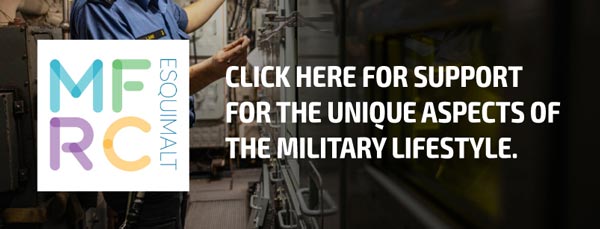
Resistance is a natural law; it’s one of the ingredients baked into our reality. We come up against it in everything we do.
Thomas Goenczi
Lookout contributor
—
Resistance is a natural law; it’s one of the ingredients baked into our reality. We come up against it in everything we do.
However, we do not only see it in ourselves as it also has its presence on a collective level.
Extrinsically, we find resistance manifesting in society in the way of cultural, political, and ideological movements. Intrinsically, whether consciously or unconsciously, we come up against it in every act in our lives. In this sense, we are entangled in the perpetual battle between inertia and vitality.
Therapy is a confrontation of the psychological resistance we face. This resistance is omnipresent and shows up in myriad ways; uncovering it is essential to know what we are up against.
Throughout the therapeutic process, we find safety from resistance in denial. For example, an individual had come into counselling to work through his relationship with his father, who left his family when he was younger. Him being unable to come to terms with how he lives is the direct opposite of how his father raised him. However, he is in denial that due to his unceasingly comparing himself to his father, he is still in some way being ‘fathered’ by him. He is attached to the idea of whom he ought not to be, in this case, his father. This blocks him from recognizing the father he is and this potentially stunts his capacity to reconcile that part of himself. Denial allows us to continue living a life of ill-perceived contentment. Once we deny it, we close ourselves off to the resistance rather than honouring it.
Resistance also emerges in rationalization. For instance, we come to therapy often bestowed with a pessimistic outlook on life. We have been beaten down psychologically for far too long to imbue the confidence needed to see the good and light in the world. Because of this, we rationalize that we won’t get better. The evidence is out there that we are merely a drop in the chaotic ocean of society, and, in a sense, we are powerless. Yet, it is essential to reflect on whether we assess it with a complete understanding. We can use rationalization to embrace resistance, but we should be wary when it is in tandem with denial.
Another example of resistance is against inviting openness toward emotion. We sometimes see emotion as a sign of weakness, as giving into something we can no longer control. However, emotion is the spark that fuels how we move forward in our lives. We often put our defences up against emotions because they influence our lives. Emotion in therapy is energy; when we embrace it, we become less resistant to emotions outside the therapy room.
Resistance must be honoured. When we ask why this resistance is coming up, we can discover its underpinnings. We often find resistance when we are in denial of something we find profoundly troubling or disturbing about ourselves or the world around us. We should deny resistance to not be shaken by it, but we need to understand why we experience it in the first place; then we will live a fully holistic life.
Thomas Goenczi is an RCN Veteran and MA Clinical Counsellor with Private Practice: Well Then Therapy.
The content is not intended to substitute professional advice, diagnosis, or treatment. Always seek the advice of your mental health professional or other qualified health provider with any questions regarding your condition.








